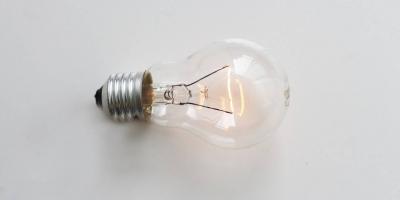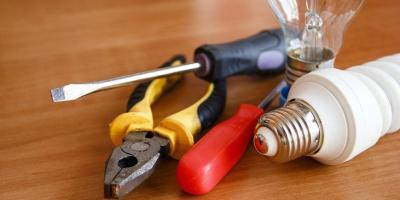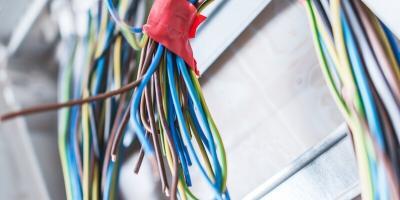Working around a faulty electrical system can be an intimidating task. Not only are you exposed to electrical hazards, but you can also jeopardise your family and property solely due to your negligence.
In Sydney, electrical emergencies caused by faults are among the primary causes of household fires. Moreover, electrical faults come in various forms, and they can be visible or hidden out of sight.
Thus, it is common-sense that we should be careful around a flawed power system and make sure to clear it as soon as it manifests. With that said, here are the dos and don’ts you should always remember when it comes to a faulty electrical system.
The Do’s for Home Electrical Safety
Here are the things you need to follow to maintain a safe and reliable electrical system and minimise electrical faults.
Check the Labels of Your Equipment
Before you decide to install a lightbulb replacement or plug-in a new appliance, make sure to read the labels and check if it’s compatible with your system’s power rating.
One reason why faults occur is that people tend to ignore the power rating indicated in packaging labels. Hence, when you connect a high-power load to a power point with lower wattage, you run the risk of overloading your sockets, causing them to heat up and eventually melt.
Isolate Water and Electricity
It is common sense that water doesn’t sit well with electricity. That’s why it would be best if you have your electrical system installed far from water sources and moist spaces.
Your electrical current may experience a leak if installed within a moist wall or thermal insulation. Besides, if your wires’ insulations are worn out, a bit of moisture is enough to cause a risk of electric shock.
Let a Professional Tend to Your Electrical System
You can do light electrical work such as replacing light bulbs without the proper training. However, for the rest of your electrical installations and repairs, it is best to leave it to the professionals.
Not only is this stated by law, but it also ensures that you get the best quality and safety during and after the process. Moreover, level 2 electricians are trained and equipped to implement all sorts of installation, diagnosis, and repairs within your intricate electrical system. Thus, it is paramount that you let them do the electrical work.
The Don’ts for Home Electrical Safety
Clearing out electrical faults in your household requires a bit of discipline and proactivity. With that, here’s a list of things you should not do to prevent a faulty electrical system.
Don’t Try to Pry Open Fixtures and Panels
If you’re confident enough that an electrical fault is present behind an electrical fixture or inside a panelboard, make sure that you know everything about the component before you try to pry it open.
Forcing a panel or outlet fixture open may not only damage the component, but it might also worsen the fault. Furthermore, if a metal lead has loosened up inside, a light impact could cause it to come in contact with a live wire ‒ resulting in a short circuit.
Hence, if you think you have a sound guess, immediately contact a level 2 electrician to take a look at the component. Taking the time to reach out to professionals will only reward you in the long run.
Don’t Use Extension Cords on Large Appliances
After placing a brand-new appliance in your kitchen, you might notice that its power cable isn’t long enough to reach the nearest outlet.
People often make the mistake of using an extension cord as an alternative to power up fridges, ovens, and other appliances. However, most extension cords are not rated for devices that pull a lot of power.
Instead, you should use a high-capacity power strip with built-in surge protectors to extend the electricity to your appliances. Another choice you can opt for is to have a professional install a new power point exclusively for your newly installed appliance.
Don’t Keep Resetting a Tripping Breaker
If your switchboard or circuit breaker immediately trips after you reset it, there is a high possibility that something is wrong with your electrical system that needs investigation.
Do not keep resetting a breaker with nuisance tripping. Because if you continue using a flawed electrical wiring system, there is a good chance that it could start a fire. Otherwise, immediately call your nearest electrician to inspect and isolate the problem.
Conclusion
Being negligent around a faulty electrical system may cause severe injuries and even deaths. However, an electrical fault is highly reversible ‒ but it requires your initiative and proactivity.
Besides, simple acts such as checking the labels, keeping water away from electricity, and seeking help could ripple out and impact your lifestyle significantly. On the other hand, every second you spend ignoring electrical faults gets you closer and closer to severe and expensive emergencies.
For all of your electrical needs, Gordon Powers have got your back covered. Our certified Level 2 electricians are experts who will diagnose and isolate any electrical fault within your power system.
We have the tools and experience to identify faults, preventing short circuits and other electrical emergencies. Wherever you are in Sydney, we’ll be in and out within the hour.
Call us at (02) 9199 7480 for an appointment or inquire with us via email.










